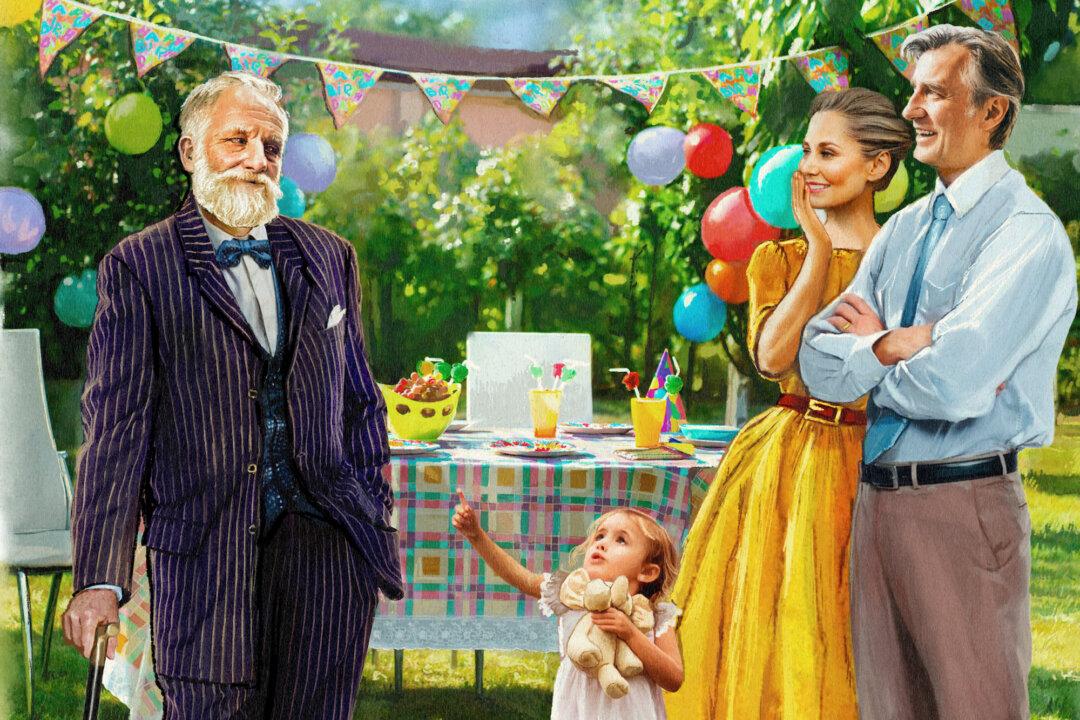“It’s just a number,” my 72-year-old friend says of his age. He and I graduated from college together approximately 600 moons ago.
But that number has ramifications. Hit the age of 55, and you’re entitled to the senior discount at McDonald’s. Search online for “At what age are people considered elderly?” and the overall consensus is 65 and older. Some of us may prefer old to elderly, as I do, and some may dislike all references to old age, but in this article, “old guys” refers mostly to those gentlemen in their mid-60s and higher up on the escalator of time.






